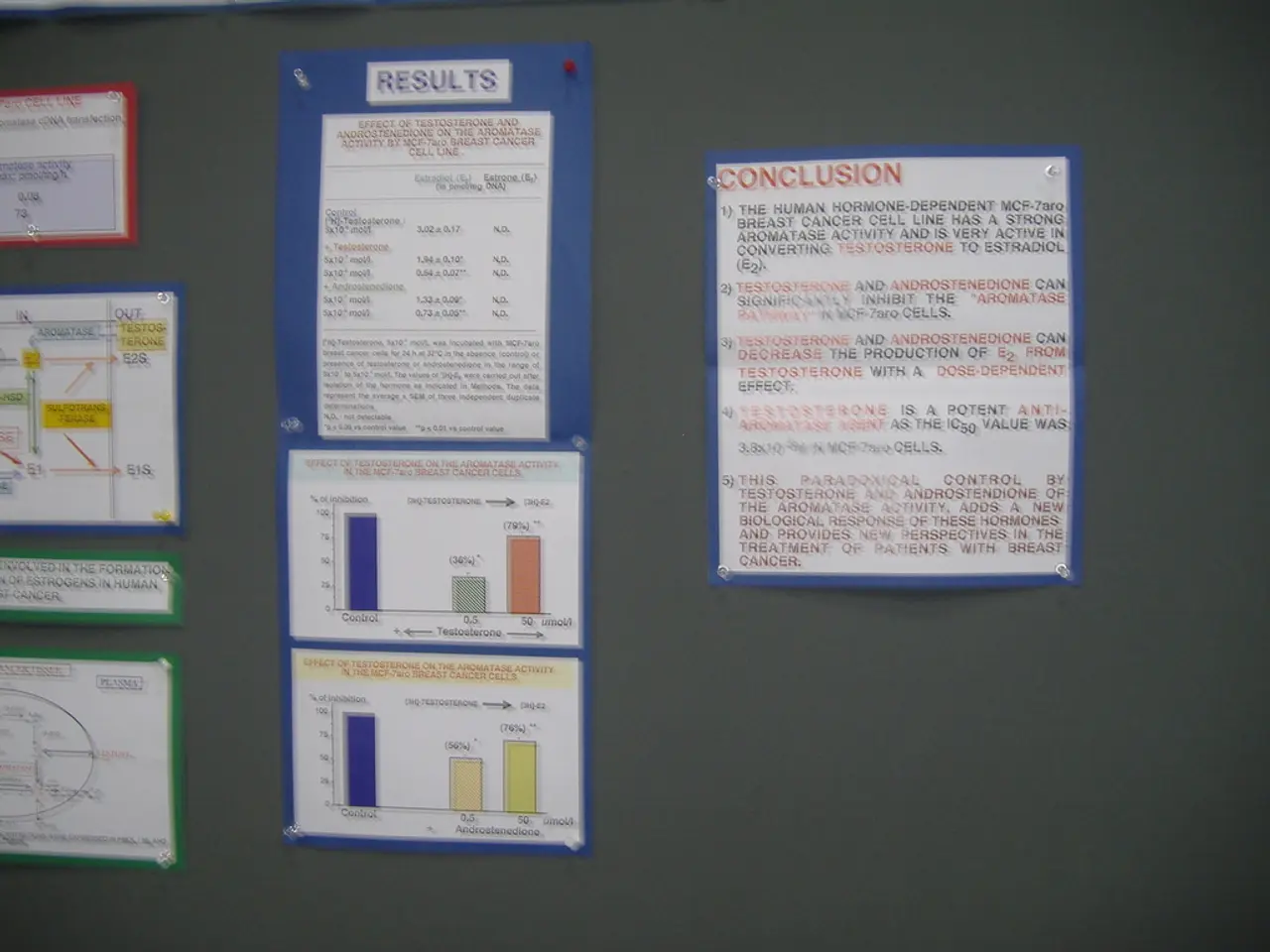Advisors to Klingbeil express concerns over potential relaxation of the debt limit
In the heart of Berlin, the Ministry of Finance has issued a statement from its advisors, emphasising the importance of controlling new debt in light of recent financial decisions. This statement comes amidst ongoing debates about reforming Germany's debt brake, a mechanism designed to limit new debt.
The current discussions revolve around addressing a growing budget deficit while enabling substantial new investments, particularly in infrastructure and climate initiatives. Chancellor Friedrich Merz's government acknowledges a looming €172 billion fiscal gap by 2029, exacerbated by recent tax breaks, pension increases, and increased debt servicing costs. This pressure to reform the constitutional debt brake mechanism has intensified.
Key elements of the reform debate include a constitutional amendment allowing €500 billion additional debt for infrastructure and climate investments over 12 years, which Parliament needs to approve, along with the establishment of a special investment fund. This proposal, secured by Chancellor Merz before taking office, has drawn criticism for contradicting his earlier financing stance.
Economic experts and business leaders call for relaxing strict borrowing limits to promote growth-enhancing expenditures while maintaining fiscal discipline for the core budget. The government is advancing cuts to certain benefits and subsidies to contain the deficit but faces challenges due to sluggish growth and expanded spending commitments.
To address these challenges, the establishment of commissions on debt brake reform and other structural issues has been proposed. These commissions, tasked with proposing longer-term solutions, are expected to present their initial findings in 2026, with formal reform proposals anticipated at that time.
Recommendations for targeted reform exemptions, especially for investments in infrastructure, schools, and housing, have also been proposed by policy organisations like the BSW. These recommendations aim to balance fiscal solidity with the urgency of public investments.
However, the debate also considers the risk of violating EU fiscal guidelines, given the substantial increase in allowable debt and deficits. The government's approach tries to reconcile these demands by promoting investment for growth and sustainability without abandoning the debt brake's core constraint on structural deficits.
Amidst this complex landscape, the advisors to Finance Minister Lars Klingbeil (SPD) have issued a statement, warning against further easing of the debt brake. The independent scientific advisory board of the Ministry of Finance shares this concern, citing the need for effective debt limitation, especially in the context of the recently approved billion-dollar loans.
The debt brake commission, established by the federal government, aims to develop proposals for reforming the debt brake by the end of the year. The commission, which includes members like Clemens Fuest, Ifo President, Thiess Büttner, a finance professor, and Volker Wieland, a former economic expert, will undoubtedly play a crucial role in shaping the future of Germany's financial landscape.
As the debate unfolds, it is clear that finding a balance between fiscal consolidation, long-term debt sustainability, and enabling increased public investment is of utmost importance. The government's coalition is under pressure to find political consensus on easing the debt brake, with a clear reform package expected in 2026. The advisors suggest using the planned discussion on reforming the debt brake as an opportunity to improve its effectiveness.
[1] Bundesregierung [2] Handelsblatt [3] FAZ [4] Sueddeutsche Zeitung [5] BSW
- The ongoing discussions about reforming Germany's debt brake, a mechanism designed to limit new debt, also involve economic experts and business leaders who call for relaxing strict borrowing limits to promote growth-enhancing expenditures while maintaining fiscal discipline for the core budget.
- To address the looming fiscal gap and enable substantial new investments, particularly in infrastructure and climate initiatives, the advisors to Finance Minister Lars Klingbeil (SPD) have proposed using the planned discussion on reforming the debt brake as an opportunity to improve its effectiveness.




